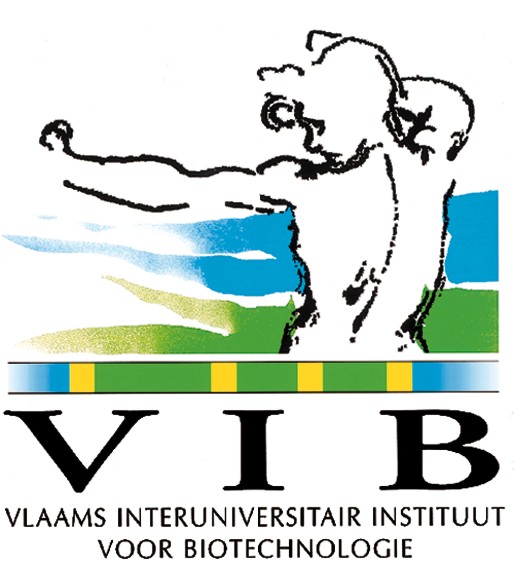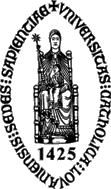


GenomeComb
Genomecomb moved to github on https://github.com/derijkp/genomecomb with documentation on https://derijkp.github.io/genomecomb. For up to date versions, go there. These pages only remain here for the data on the older scientific application (or if someone really needs a long obsolete version of the software)
cg long ?infile? ?outfile?
Converts data in tsv format from wide format (data for each sample in separate columns) to long format (data for each sample in separate lines)
Genomecomb usually expects data in tsv files in wide format, where some fields are common/general for all samples (e.g. chromosome, begin, end, .. for variants) and some fields have specific values for each sample (e.g. quality, coverage, ...). In wide format these columns are named by adding "-samplename" to the fieldname. In the long format, sample specific data is on separate lines (the common fields are repeated in each line). "cg long" converts from wide to long format. "cg wide" can be used for the reverse.
Format Conversion